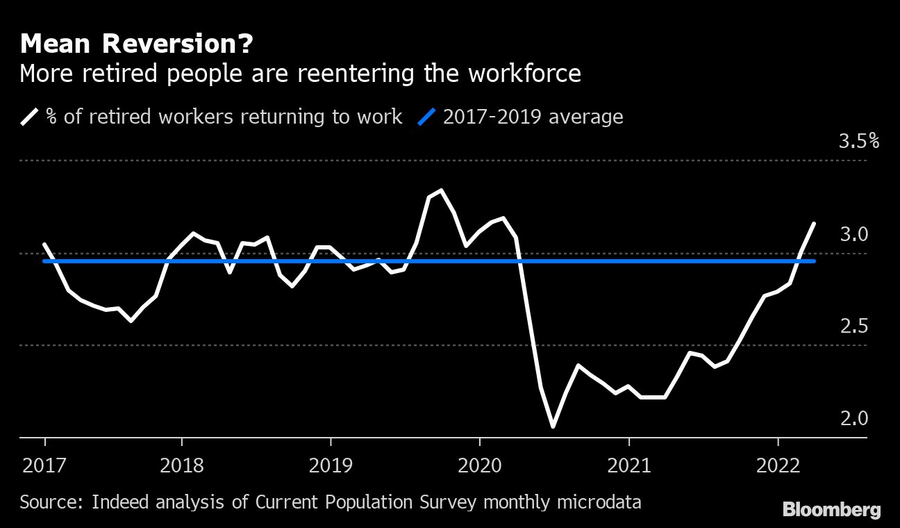

Millennials took one look at their financial future and, early on, realized it was bleak.
The YOLO generation started saving for retirement — stuffing away money in 401(k)-type accounts — nine years earlier than their baby boomer parents did, according to a new study.
Charles Schwab Corp.’s Retirement Reimagined study points to the lack of pension plans, through which companies would take care of workers through their retirement, as one factor pushing millennials to start saving for retirement on their own.

Millennials, worse off financially than their parents in many ways, also are less likely to own homes, a source in itself of retirement funding for boomers.
Despite their efforts to put money aside early, many millennials worry that they won't actually be able to retire, and their view of what retirement means is also much different than boomers’.
“Millennial retirees will spend 24% less time on financial matters than boomers, using their savings to pursue their desired lifestyle and passions,” according to the report, which surveyed 5,000 Americans and used predictive analytics to anticipate retirement outcomes and attitudes by generation.
Recently, millennials say they’ve taken a pause in putting money aside. Nearly half of 18- to 35-year-olds are waiting “until things return to normal,” according to a survey earlier this year by Fidelity Investments.
Many younger workers likely are saving earlier for retirement than boomers simply by virtue of being auto-enrolled into their company’s 401(k) plan rather than having to opt into such plans, as boomers had to. More workplace retirement plans are also adding auto-escalation clauses, where participants’ contributions as a percentage of their pretax paychecks are automatically bumped up 1% a year.
Schwab’s study predicts that millennial retirees will be more than 150% more likely to invest in crypto and digital investments in retirement than boomers. That jibes with a finding in an Investopedia financial literacy study released earlier this month. That survey of 4,000 Americans found that 28% of millennials plan on using crypto to support themselves financially in retirement.
“The good news is that millennials have more time before they retire to take risk,” said Rob Williams, managing director of financial planning, retirement income and wealth management at Charles Schwab Corp. “But over time retirement success comes from tried-and-true things like diversification, having ownership in the growth of the U.S. and global economy through traditional stocks — things that have cash flows and generate growth — and right now crypto doesn’t qualify as having that.”

Driven by robust transaction activity amid market turbulence and increased focus on billion-dollar plus targets, Echelon Partners expects another all-time high in 2025.

The looming threat of federal funding cuts to state and local governments has lawmakers weighing a levy that was phased out in 1981.

The fintech firms' new tools and integrations address pain points in overseeing investment lineups, account monitoring, and more.

Canadian stocks are on a roll in 2025 as the country prepares to name a new Prime Minister.

Carson is expanding one of its relationships in Florida while Lido Advisors adds an $870 million practice in Silicon Valley.
RIAs face rising regulatory pressure in 2025. Forward-looking firms are responding with embedded technology, not more paperwork.
As inheritances are set to reshape client portfolios and next-gen heirs demand digital-first experiences, firms are retooling their wealth tech stacks and succession models in real time.
